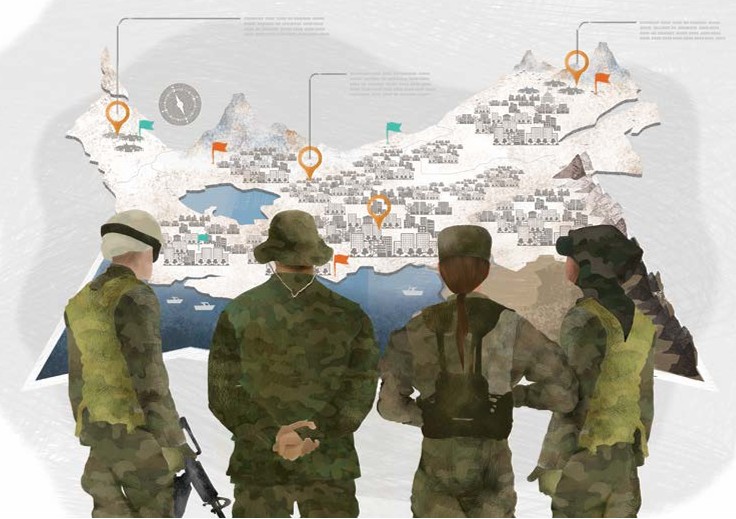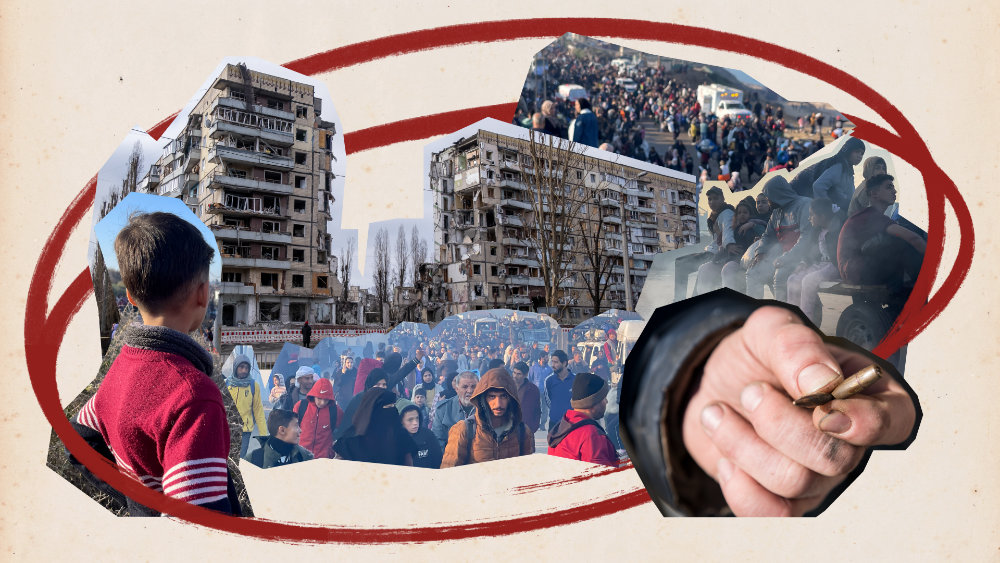For Fyodor Lukyanov, the triumph of one political system at the end of the Cold War had profound implications for international humanitarian law (IHL) and the humanitarian sector. The editor-in-chief of Russia in Global Affairs gives his take on the politicization of humanitarian law and action, and how to counter it.
With the collapse of the Soviet Union, the world entered a new era in which the United States no longer faced a peer competitor at the global level. For Fyodor Lukyanov, this new configuration was the catalyst of increased politicization of humanitarian action and a dangerous conflation of IHL with human rights law. To counter this trend, Lukyanov recommends insisting on a clear separation of the two legal frameworks, and convincing States of the practical benefits of respecting IHL.
In a recent article you discussed how the ‘unipolar moment’ after the end of the Cold War affected international relations. In short, what changed after the dissolution of the Soviet Union?
The Cold War ended in an unusual way because it was a big and very deep-rooted conflict between two systems which ended without collision, and one side – the Western side – won the Cold War without any shots fired. This created the feeling that the Western system was the absolute best one, the most efficient, the most significant and the most moral one. It was the ‘right one’, and this created a new atmosphere in international politics which was about improving the whole world and particular countries.
In a way, this was very much idealistic. From another point of view, it was very much arrogant because it stated that a special part of the international community had the right to dictate – or at least to strongly recommend to the rest – how to behave and what to do. And that had a lot of practical implications for international relations.
What were the implications for international humanitarian law and the humanitarian sector?
First of all, democracy promotion and the human rights perspective were added to the arsenal of big powers: first among them, the United States and the European Union. To me this was detrimental for international humanitarian law, because this law, which used to be meant to minimize the damage done during wars, was suddenly turned into a political instrument by particular countries. The human rights agenda was basically fused and unified with humanitarian law, which are different things.
The second consequence, which was pretty problematic for the ICRC from my point of view, was that many other structures, organizations, units emerged in this field [of humanitarian action]. The ICRC had a privilege to be the oldest one, the most reputed one, and in a way, with certain limitations, enjoyed the reputation of being impartial and unbiased. (More or less, of course, everybody could doubt it and challenge it in particular cases, but in general this reputation was there.) However, other new organizations doing human rights protection and claiming to respond to humanitarian needs had completely different backgrounds: ranging from philanthropic organizations to structures which had clear connections to particular states.
In the atmosphere of this new era of international politics where human rights and humanitarian rhetoric were fused, for many States – especially States which had no tradition of openness to put it mildly – the whole field of humanitarian action became extremely dangerous. They started to perceive it as something which was there to promote changes in their States, up to regime change. I think the worst that happened in the 1990s and 2000s was a confusion between protection of human rights and regime change.
What does this conflation of IHL and human rights rhetoric mean for humanitarian actors such as the ICRC, and how should they respond?
I think the first task would be to try to depoliticize any humanitarian action as much as possible, because the politicization of this area was pretty fatal for organizations that really cared about the protection of humanitarian law. In this regard, the ICRC has an advantage because of all of its history going back to well before the Cold War and all the cataclysms of the 20th century.
Secondly, I think it is pretty difficult now to refer to ideals. The world is such that unfortunately, the rhetoric of idealistic activities and operations has been pretty inflated. And many countries and individuals contributed to that. So I think that, strangely enough – it sounds pretty cynical – but the ICRC should find ways how to explain to governments why it is profitable for them to stick to international humanitarian law, why this will bring advantages to them – some ‘profits’. This is not exactly what the guardians of this field envisaged a couple of decades ago, but that’s the new reality.
Fyodor Lukyanov has been editor-in-chief of Russia in Global Affairs since 2002 and is a member of the Editorial Board of the International Review of the Red Cross.
This interview was conducted in the context of the ICRC conference “Is the law of armed conflict in crisis and how to recommit to its respect?” which took place on 21 April 2016 in Geneva as part of the Conference Cycle on “Generating respect for the law”.




Comments